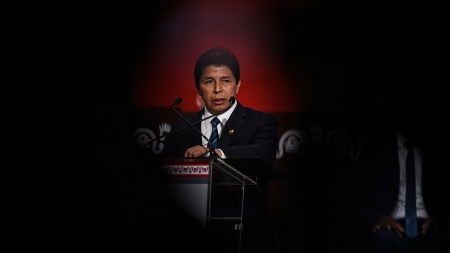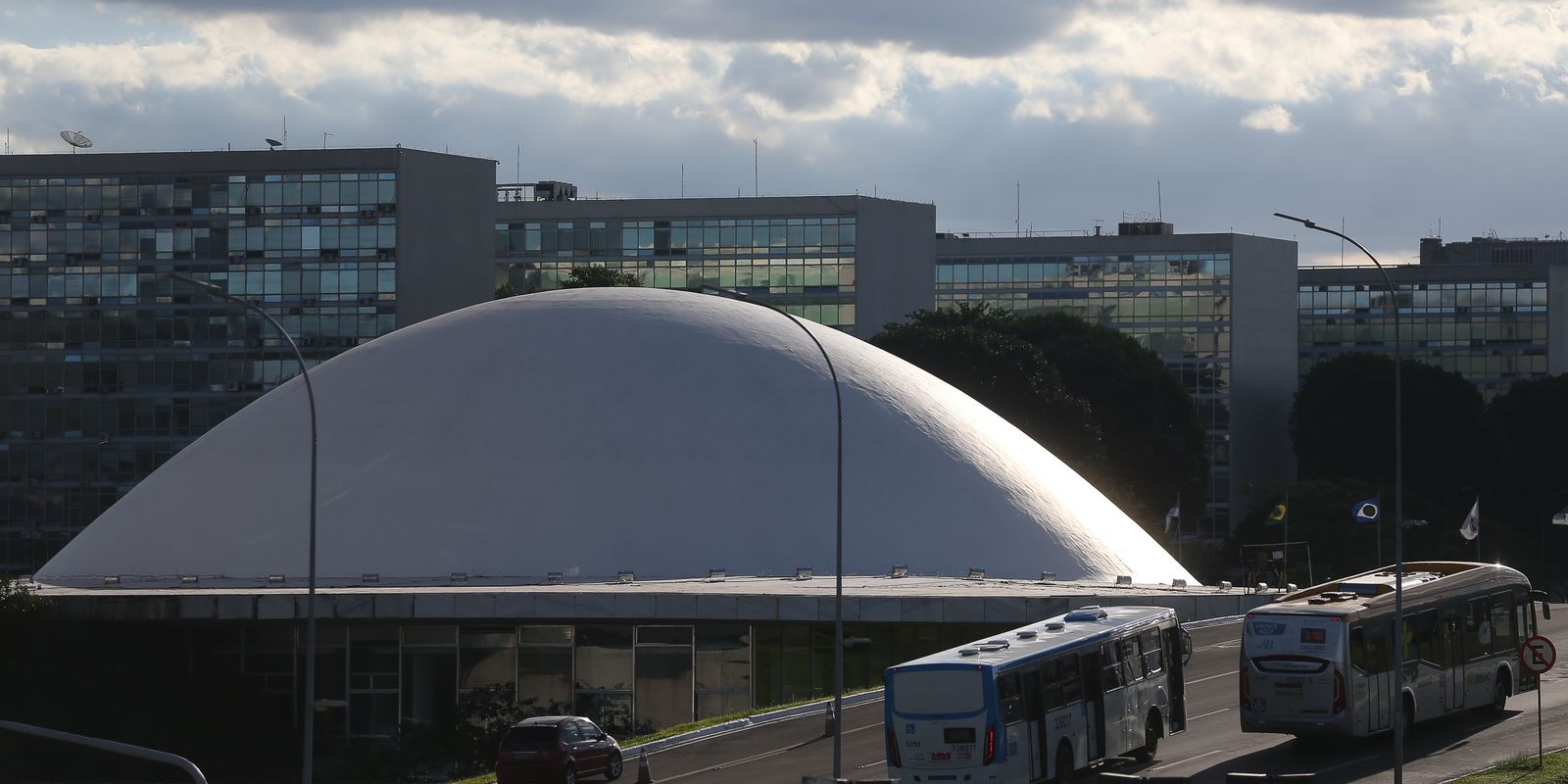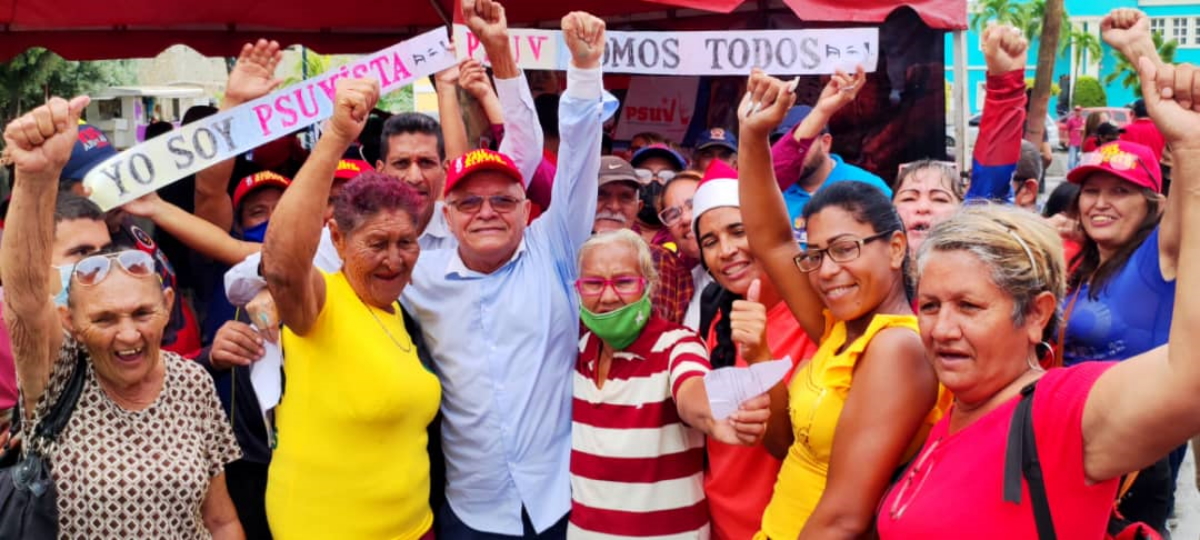The former president of Peru Pedro Castillo will remain in pretrial detention the next 18 monthsas resolved Supreme Judge Juan Carlos Checkleywhile the Peruvian Congress discussed tonight the advancement to 2023 of the general elections, proposed by the Government, a decision that requires several formal steps and that forced the extension of the present legislature until next February, while the protests continue, which already total 10 dead.
The magistrate accused Castillo of rebellion, conspiracy, abuse of authority and attack against public peace, in a virtual hearing that began in the morning, was interrupted and continued in the afternoon, Judge Juan Carlos Checkley made the announcement in an extensive resolution that he read, while Castillo was assisted by an official lawyer.
In addition to the 18 months of pretrial detention against Castillo, the magistrate ruled that former Prime Minister Aníbal Torres has an appearance regime with restrictions for the alleged crimes of rebellion and others.
Castillo has been detained at the headquarters of the Diroes, in Ate, since December 7 when he perpetrated a coup.
In Congress, meanwhile, there was debate the advancement of the elections proposed by the presidentDina Boluarte.
“I want to ratify my Government’s proposal to advance the elections. From this space I call on Congress to make the best decisions to shorten the deadlines and make the necessary reforms. Here we all go, Executive and Legislative,” Boluarte remarked in an act, by calling on Congress.
The legislature, very fragmented and dominated by the right-wing opposition, seemed to have picked up the demand for elections as soon as possible: it extended the ordinary sessions, summoned the Minister of Justice, José Tello, and the authorities of the electoral bodies to explain the technical steps necessary and was on its way to voting on overtaking.
The head of Congress, José Williams, explained the extension of ordinary meetings until next February 28 as a step to “achieve a consensus that involves all parliamentary groups.”.
And congressman Jaime Quio Sarmiento, of the until recently official Perú Libre (PL), was the one who spoke about the project that “proposes to solve the current political, economic and social crisis that has been affecting the values and civil liberties”, which, warned , “impedes the development of the country and puts the democratic system at risk.”
Minister Tello had to give details of deadlinesbecause changing the date of the elections implies a constitutional reform: he proposed for this month the first vote in Parliament, the second in January or February and a call in July with the idea of presidential and congressional elections in December of next year, although he also He speculated on another election scenario in April 2024.
They escorted him, and in fact endorsed his initiative, Piero Corvetto, from the National Office of Electoral Processes (Onpe) and Jorge Salas, from the National Elections Board (JNE).
Long before, Boluarte had marked the ground with the expression “here we all go, Executive and Legislative”, in a speech in which he also stated that “neither violence nor radicalism will end a legal and legitimate government”.
“There is no room for fear, but for the courage, unity and hope of a country that deserves more than its countries,” said the head of state, Castillo’s former vice president who was left in charge of the government when the former president was dismissed after announcing the dissolution of Congress.
Also Given the unusual picture of street protests, the Ombudsman urged Congress to prioritize the project to advance elections.
“We urge the Congress of the Republic to prioritize the project to advance elections. The national representation must respond with a sense of relevance and urgency to the claims of the citizenry and give priority to the debate on this constitutional reform project,” said the statement of the autonomous body.
In parallel to the legislative debate, Judge Checkley made progress in his resolution on the situation of Castillo, which finally settled on the issuance of preventive detention for 18 months that the prosecution had requested.
The virtual hearing had some curiosities: Castillo was not connected nor were his lawyers, who were accredited, for which reason an official lawyer was assigned to the former president. And he did participate for a while, from the clandestine -as announced last week- the former chief of ministers Aníbal Torres.
Prosecutor Alcides Chinchay points to Torres as the person responsible for the letter that Castillo read when he announced the closure of Congress and the start of an Emergency Government that would act by decree.
Ronald Atencio, one of Castillo’s defenders, later confirmed, in a message on the Twitter network, that neither he nor his colleague Raúl Noblecilla would participate in the hearing.
“There are many arguments that, in conversation with Pedro (Castillo), prompted us to make that decision,” he said, mentioning the “illegal and express vacancy (removal)” among those reasons.
Castillo is accused of rebellion, conspiracy, abuse of authority and attack against public peace, for which he could receive a sentence of 10 to 20 years in prison.
Torres and former officials Betssy Chávez, Willy Huerta and Roberto Sánchez are accused of being co-authors of the crime of rebellion.
On the outskirts of the police headquarters where Castillo is being held, dozens of protesters defending him met.
They unfurled a flag with the image of the chief Tupac Amaru II, with his limbs tied to four horses, as the story tells that his execution was after rebelling against the Spanish in the colony, but the face had been replaced by that of Castillo and instead Horses were the prosecutor’s office, Congress, the press and economic power.
Meanwhile, the demonstrations and protests – the strongest in the south of the country – have already left 10 dead.
Last Sunday the first two were recorded, an 18-year-old in Huancabamba and a 15-year-old in Andahuaylas, in both cases in the Apurímac region.
Four others joined on Monday: a 30-year-old man in Ciudad Municipal, in the Arequipa department; two 18-year-olds in Andahuaylas; and a 16-year-old teenager in Chincheros, also in Apurímac.
On Wednesday, two other deaths: Cristian Rojas Vásquez, 19, a hospital in Abancay, capital of the Apurímac department; An unidentified 51-year-old man takes over a bridge in Virú, in the northern department of La Libertad.
And two other men, with whom they add up to 10, in the seizure of the Ayacucho airport
In addition to five airports that are closed, there are more than a hundred blocked routes, which complicates transportation and supplies. The train to the Machu Picchu tourist is suspended and there are hundreds of tourists stranded.
Nearly 2,000 Bolivian cargo trucks are stranded on the border with Bolivia, the AFP agency reported.
And thousands of citizens from all over the country also gathered around the central Plaza San Martín de Lima, the historic epicenter of the protests, in the midst of a strong security operation.
In addition to the nine fatalities, the authorities reported this Thursday at least 71 people arrested and 216 police officers injured. And the Health Ministry said 171 people were hospitalized or treated as a result of injuries or problems suffered in the protests. In addition, there were attacks on 16 public offices, including police stations and prosecutor’s offices.
The day also left a diplomatic question: the Foreign Ministry called in consultations with the Peruvian ambassadors in Argentina, Bolivia, Colombia and Mexico, in reaction to the alleged interference in the internal affairs of Peru by the authorities of the aforementioned countries.








